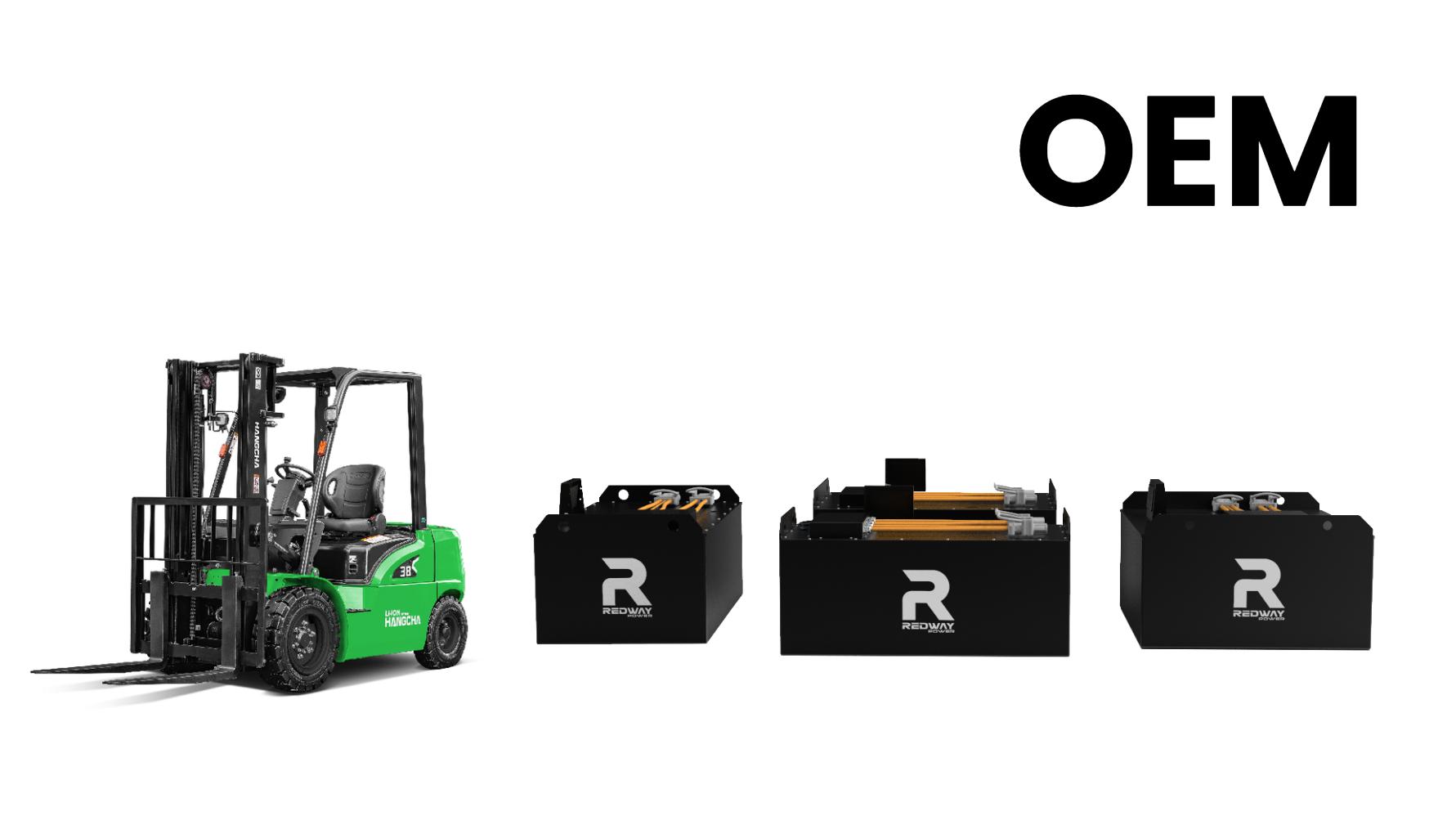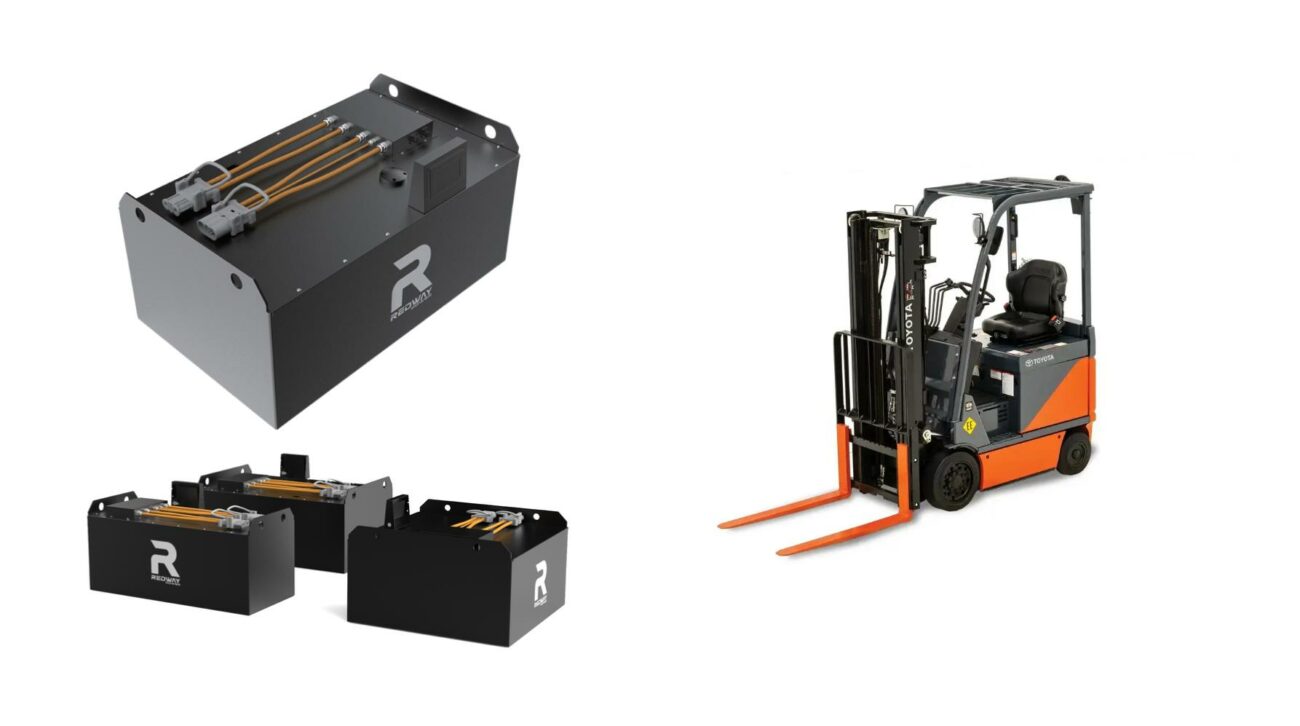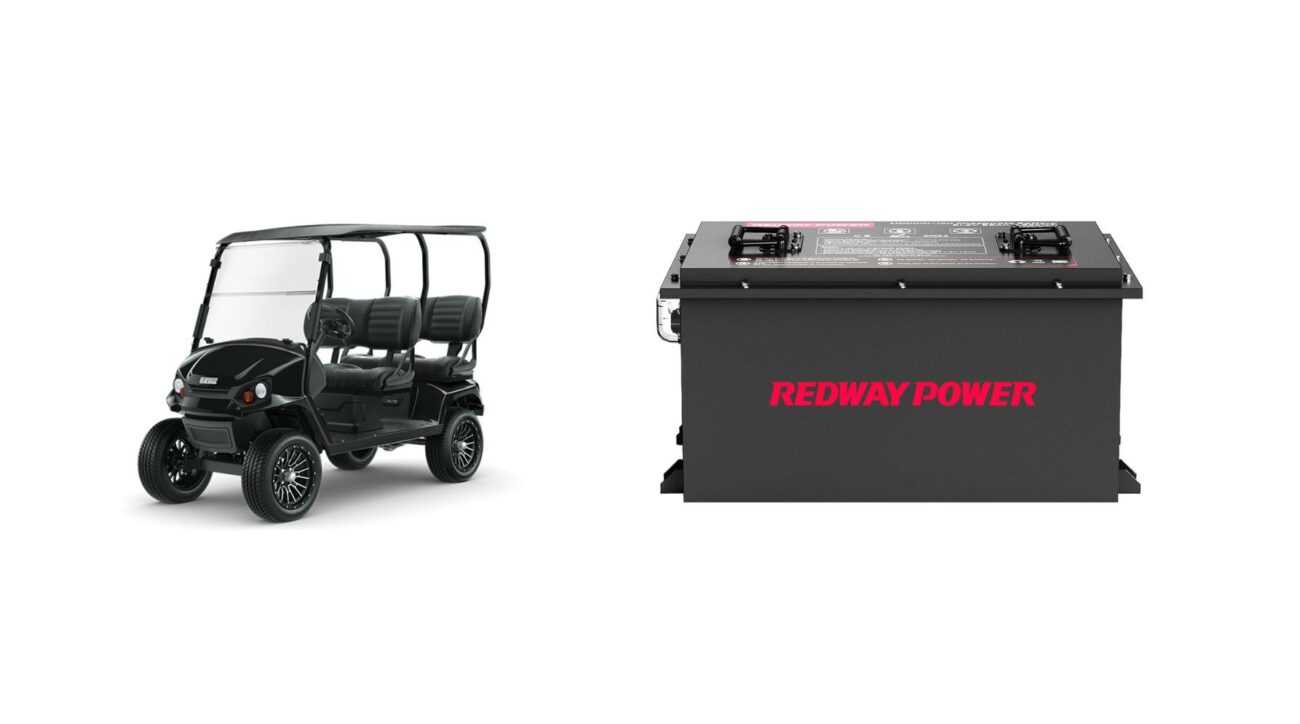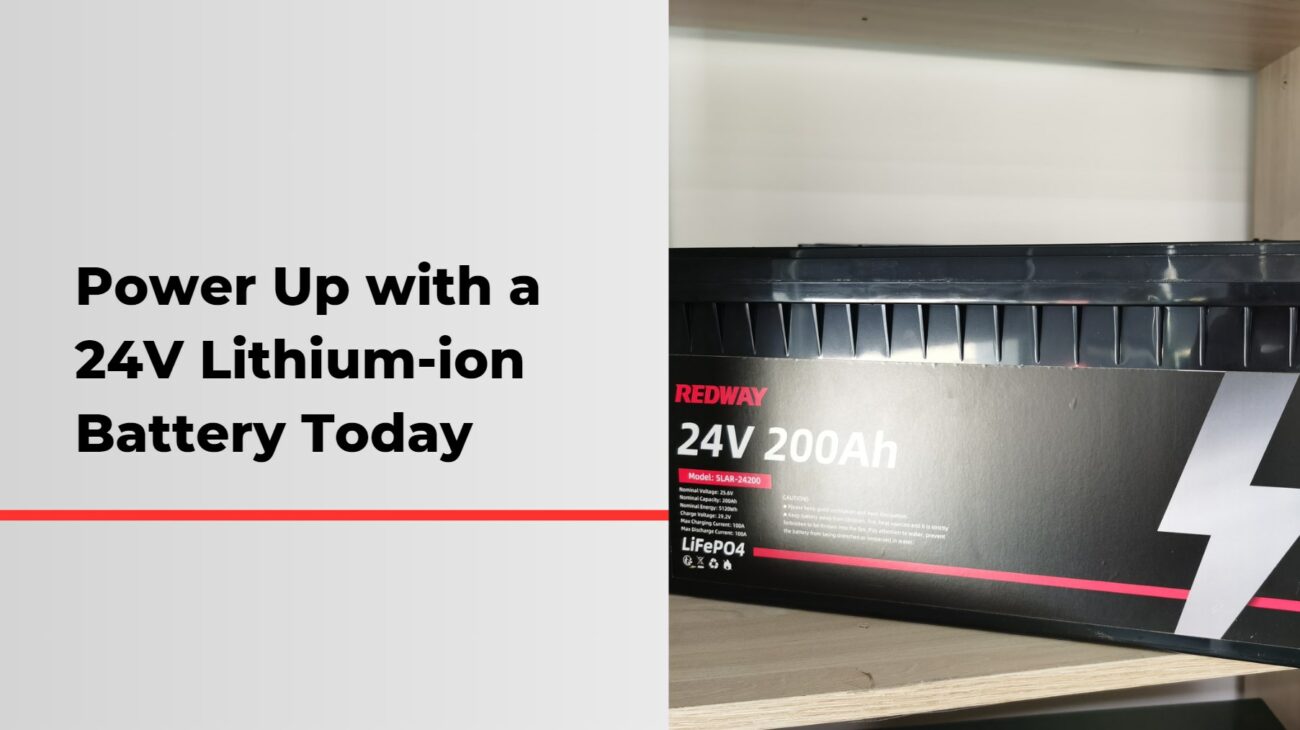Forklift battery manufacturers design, produce, and distribute specialized power systems for industrial vehicles. Leading brands like East Penn, Exide, and Crown Battery prioritize durability, energy efficiency, and safety. Key considerations when choosing a manufacturer include battery type (lead-acid vs. lithium-ion), lifespan, maintenance requirements, and compliance with industry certifications like UL and ISO.
72V 300Ah Lithium Forklift Battery
How Do Forklift Battery Types Differ Between Manufacturers?
Forklift batteries fall into two main categories: lead-acid (flooded, AGM, or gel) and lithium-ion. Lead-acid batteries are cost-effective but require regular maintenance, while lithium-ion offers longer lifespans and faster charging. Manufacturers like EnerSys focus on lithium-ion innovations, whereas traditional brands like Trojan Battery emphasize rugged lead-acid designs for heavy-duty applications.
Recent advancements in AGM (Absorbent Glass Mat) technology have bridged some performance gaps. For example, East Penn’s Deka Intimidator AGM series reduces acid stratification by 60% compared to flooded batteries. Meanwhile, lithium-ion manufacturers are experimenting with silicon-anode designs to boost energy density – Tesla’s subsidiary CBMM reports a 20% capacity increase in pilot projects. Cold-chain logistics operations increasingly adopt lithium phosphate (LiFePO4) batteries due to their -20°C to 60°C operating range, as seen in BYD’s 48V solutions for refrigerated warehouses.
What Factors Define a Reliable Forklift Battery Manufacturer?
Reliable manufacturers prioritize certifications (ISO 9001, UL), offer warranties (5+ years), and provide robust technical support. Customization options (voltage, capacity) and sustainability practices, such as recycling programs, are critical. For example, Crown Battery uses 99% recycled materials in lead-acid production, while Green Cub Energy specializes in eco-friendly lithium-ion systems.
Which Maintenance Practices Prolong Forklift Battery Life?
Regular watering (for lead-acid), avoiding deep discharges, and temperature-controlled charging extend battery life. Manufacturers like BHS and Storage Battery Systems recommend equalization charging every 10 cycles and using automated watering systems. Lithium-ion batteries require minimal upkeep but benefit from firmware updates to optimize performance.
How Has Lithium-Ion Technology Transformed the Industry?
Lithium-ion batteries reduce downtime with 2–3-hour rapid charging and 2,000–5,000 cycles, outperforming lead-acid’s 1,000 cycles. Companies like Toyota Material Handling partner with Microvast to integrate smart BMS (Battery Management Systems) for real-time diagnostics. This technology cuts energy costs by 30% and supports Industry 4.0 automation.
What Are Hidden Costs When Evaluating Battery Suppliers?
Beyond upfront pricing, consider energy consumption, maintenance labor, and disposal fees. Lead-acid batteries may require $200–$500 annually in water and acid, whereas lithium-ion’s higher initial cost offsets long-term savings. Suppliers like Delta-Q Technologies emphasize total cost of ownership (TCO) calculators to compare 10-year expenses.
Operators often overlook infrastructure upgrades – lithium-ion chargers require 208-480V three-phase power, costing $3,000-$7,000 per station. Disposal fees also vary dramatically: recycling a 48V lead-acid battery costs $50-$150 in the U.S., while lithium-ion recycling remains at $300-$600 per unit due to complex disassembly processes. The table below illustrates a 5-year TCO comparison for a 24/7 warehouse operation:
| Cost Factor | Lead-Acid | Lithium-Ion |
|---|---|---|
| Initial Purchase | $4,000 | $12,000 |
| Annual Maintenance | $800 | $150 |
| Energy Costs | $2,400 | $1,700 |
| Disposal Fees | $600 | $1,200 |
| Total 5-Year Cost | $20,000 | $19,750 |
Where Are Emerging Markets for Forklift Batteries Expanding?
Asia-Pacific dominates growth due to e-commerce warehouse demand, with Chinese manufacturers like CATL investing in lithium-ion gigafactories. Europe’s strict emissions regulations drive adoption of hydrogen fuel cell hybrids, while North America sees AGM battery demand rise in cold storage logistics. Regional suppliers like Amara Raja (India) tailor products to local voltage standards.
Why Are Sustainable Practices Critical for Modern Manufacturers?
Regulations like the EU Battery Directive mandate 70% recycling rates. Manufacturers adopt closed-loop systems—Exide recovers 95% of lead from used batteries. Lithium-ion brands like Lion Energy achieve carbon neutrality via solar-powered factories. Sustainability also reduces supply chain risks, as 80% of cobalt (for lithium) comes from geopolitically unstable regions.
“The shift to lithium-ion isn’t just about energy density—it’s about data. Modern BMS integration allows predictive maintenance, reducing unplanned downtime by 40%. At Redway, we’ve seen clients cut operational costs by 25% after switching to smart lithium systems.” — John Carter, Senior Engineer at Redway Power Solutions
FAQ
- How Long Do Forklift Batteries Typically Last?
- Lead-acid batteries last 3–5 years (1,000 cycles), while lithium-ion lasts 7–10 years (3,000–5,000 cycles). Usage intensity and maintenance practices significantly impact lifespan.
- Can Lead-Acid and Lithium Batteries Be Used Interchangeably?
- No—they require different chargers and voltage configurations. Retrofitting costs $2,000–$5,000 per forklift. Consult manufacturers like BSLBATT for compatibility guides.
- What Certifications Should a Reputable Manufacturer Have?
- Look for ISO 9001 (quality), UL 2580 (safety), and ISO 14001 (environmental). NSF certification indicates compliance with food-grade handling for cold storage batteries.
Know more:
What Defines the Top Industrial Battery Manufacturers?
Why Are Lithium-Ion Industrial Batteries Revolutionizing Modern Industries?
How to Choose Reliable Lead-Acid Battery Suppliers for Industrial Applications?
What Are Heavy-Duty Battery Systems and How Do They Work?
What Should You Know About Forklift Battery Manufacturers?
What Are the Optimal Industrial Energy Storage Solutions for Modern Enterprises?







